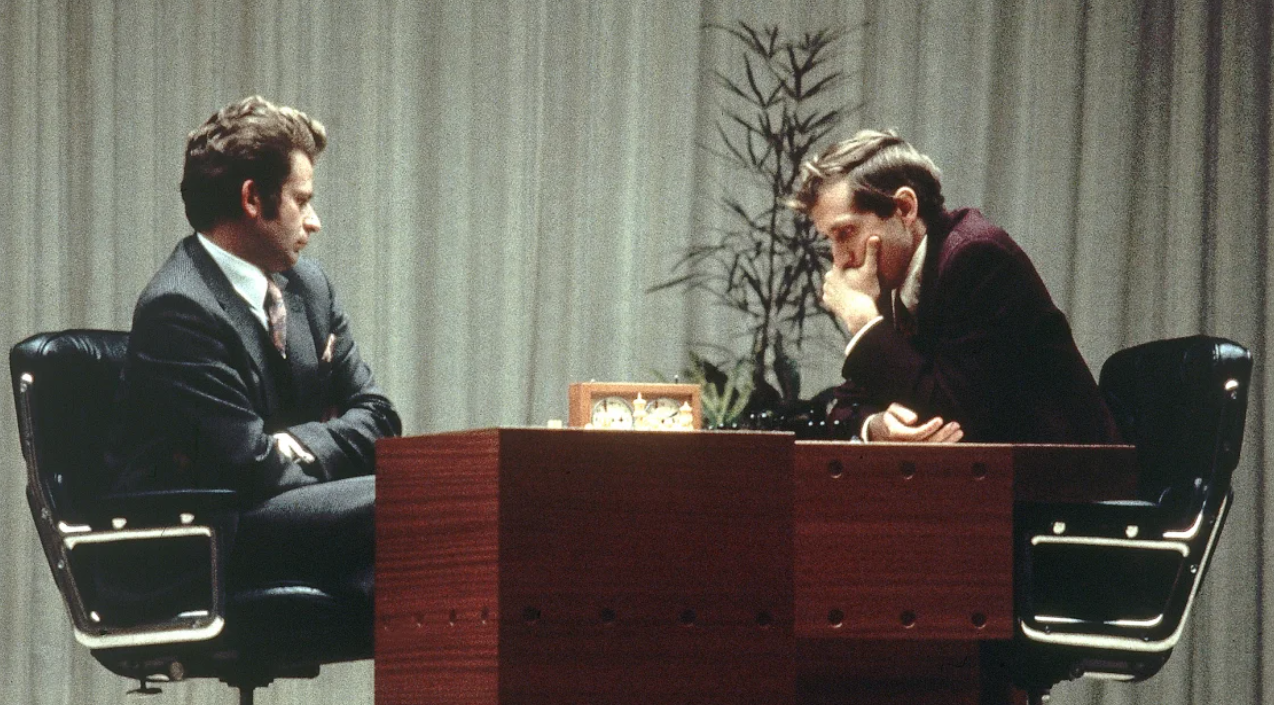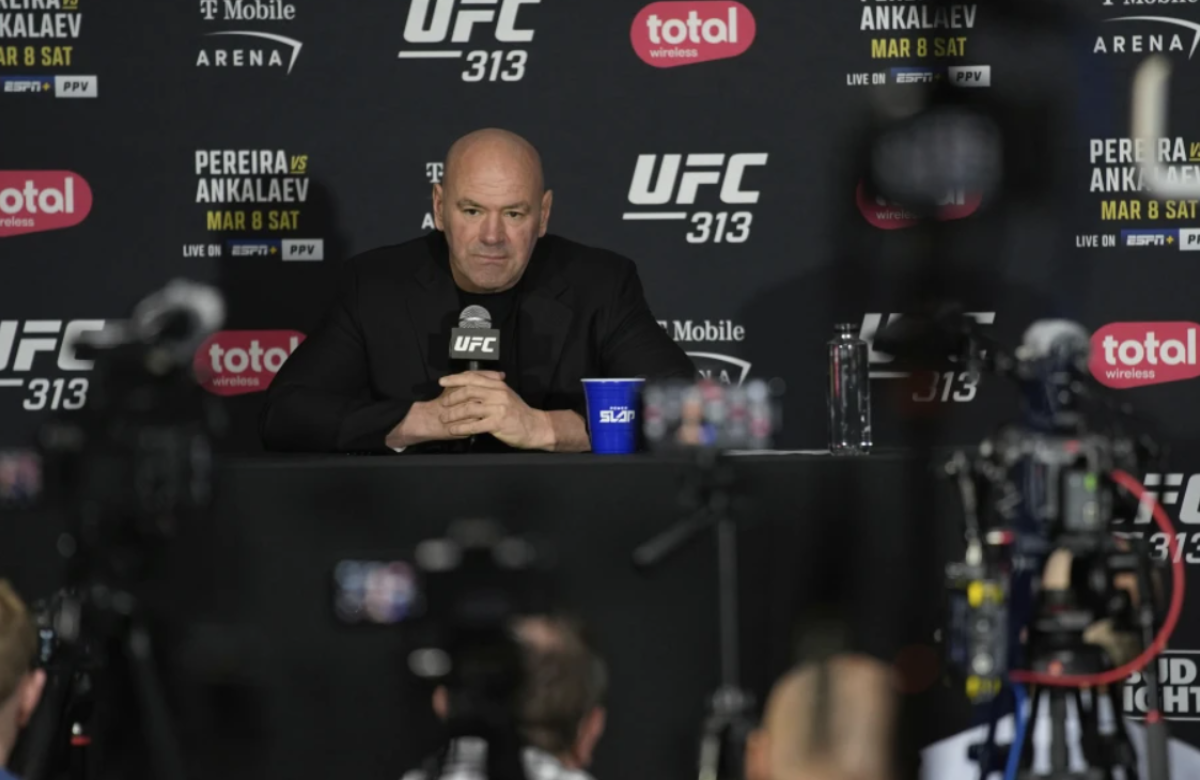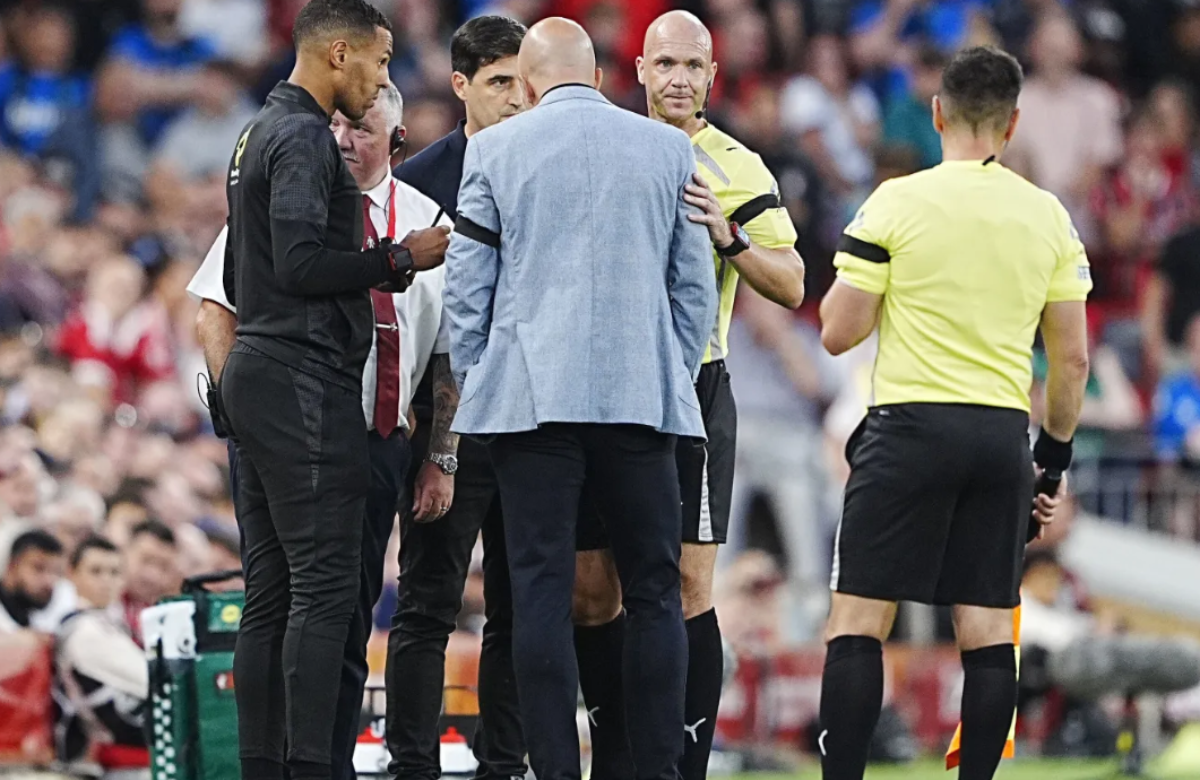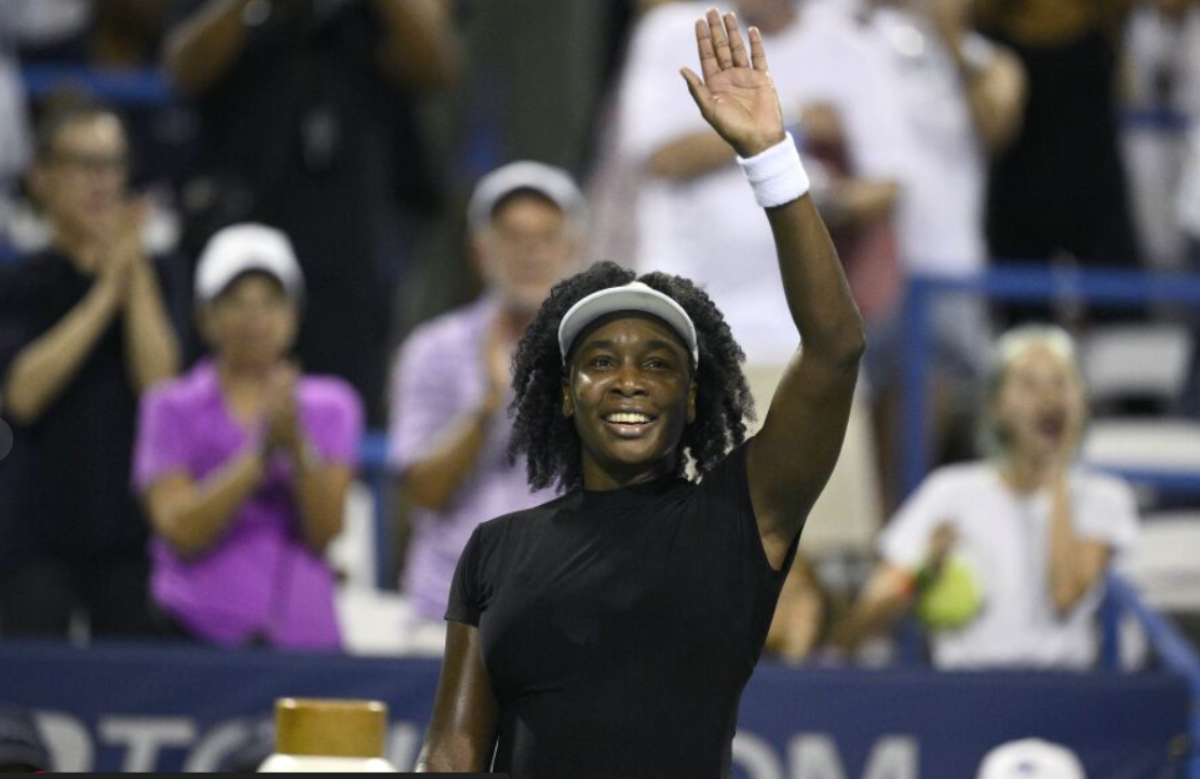Boris Spassky, the former Soviet world chess champion who lost his title to American Bobby Fischer in the iconic 1972 match, passed away on Thursday in Moscow at the age of 88.
The International Chess Federation, the sport’s governing body, announced Spassky’s death but did not provide a cause. Spassky was hailed as “one of the greatest players of all time,” leaving a lasting legacy on the game, according to the Chess Federation.
The 1972 match, known as the “Match of the Century,” took place at the height of the Cold War and was widely televised, capturing global attention. Fischer, a 29-year-old chess prodigy from Brooklyn, New York, secured the world chess title in Reykjavik, Iceland, marking the first time the US had claimed the prestigious crown.
Bobby Fischer, known for his difficult and testy personality, passed away in 2008. After defeating Boris Spassky, Fischer forfeited his world title by refusing to defend it.
Former world champion Garry Kasparov expressed on social media that Spassky was always willing to befriend and mentor the next generation, particularly those like him who didn’t fit into the Soviet system.
Spassky emigrated to France in 1976. The chess federation described his 1972 match with Fischer as one of the most iconic in chess history.
Yugoslav grandmaster Svetozar Gligoric noted that Spassky’s strength lay in his exceptional ability to adapt to his opponents’ different playing styles.
The chess federation called Spassky “the first truly universal player,” emphasizing his expertise in complex and dynamic middlegame positions rather than specializing in opening theory.
At the time of their famous match, the Soviet Union had maintained an unbroken streak of world chess champions for decades. After his loss, Spassky returned to the Soviet Union to a cold reception, where he was viewed as a national disappointment. He also faced personal struggles, including restrictions on leaving the country and a breakdown of his second marriage.
Spassky once shared, “I feel at home at the chessboard,” reflecting on his time in Reykjavik. “Our chess kingdom does not have borders,” he said, emphasizing his deep connection to the game.















